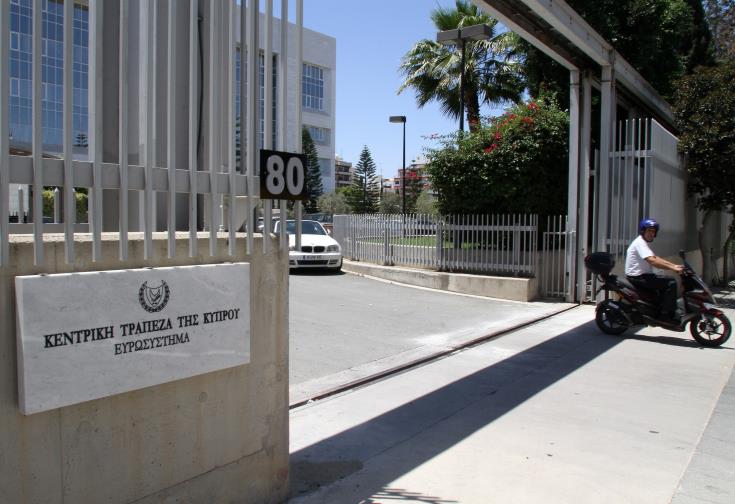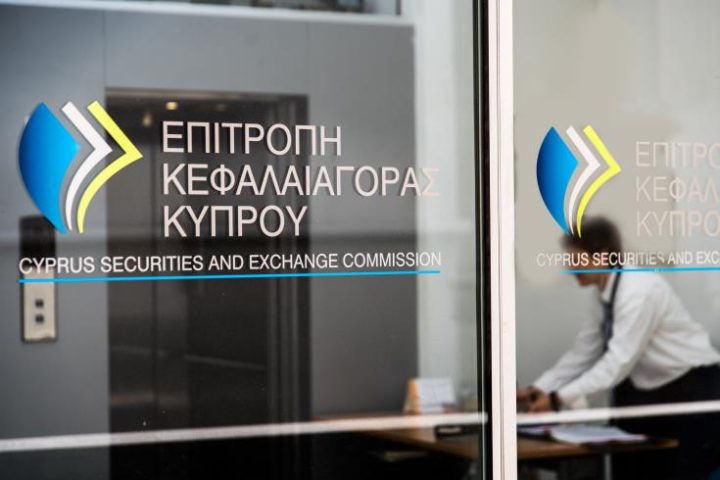The Central Bank of Cyprus has warned businesses and the public of a ‘ghost’ bank called Sabax operating in Limassol, noting the entity has not been licensed by the supervising authority.
In a written statement, the CBC also said the document appearing on the website of the credit institution as the operating license granted by them is a “forgery”.
The disputed credit institution’s website says that Sabax Bank was founded in 1998 and that “it is one of the best banks in Cyprus which offers a wide range of services”.
“SABAX BANK offers a wide range of services for non-resident companies, attracts with its convenience and ease of use, affordable prices and the possibility of opening an offshore account for any type of business,” reads the institution’s welcoming message.
“If you have an account, we recommend that you also open an additional account with our bank.
“As the practice of Latvia and other offshore jurisdictions shows, an account can be blocked for the most ridiculous reason,” it reads.
The CBC urges that before cooperating with credit institutions, to refer to its website and the registration of banks to ascertain whether it is legally operating in the Republic of Cyprus.
Meanwhile, the Securities Commission has increasingly warned investors to be wary before dealing with investment companies.
This is because several investment firms have also been identified as ghost entities, advertising investment opportunities through their websites.
However, they are not supervised by any authority.
The Cyprus Securities and Exchange Commission (CySec) has named some companies operating without supervision, which cannot provide investment services or hold client money.
CySec has also pointed out that offering investment activities without a license from the Securities and Exchange Commission or the corresponding supervisory authority of another European Union member state constitutes a criminal offence.
The police have also issued frequent warnings, urging the public to be particularly careful when receiving messages from online investment websites that, although they may appear real, are fake.










